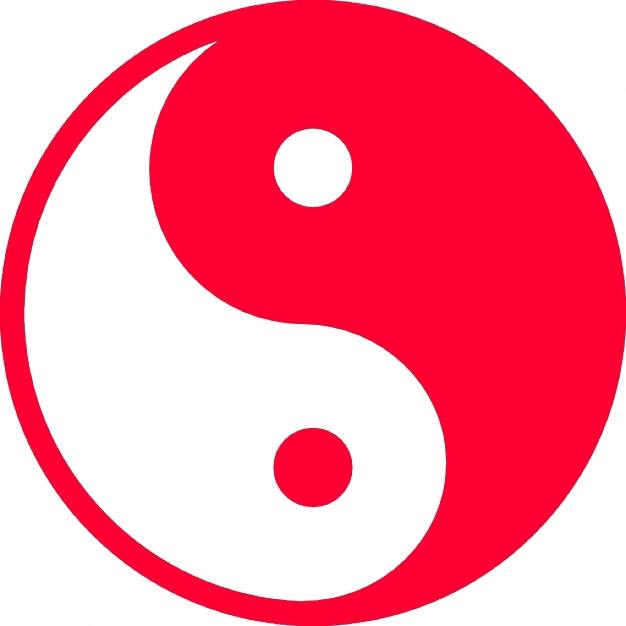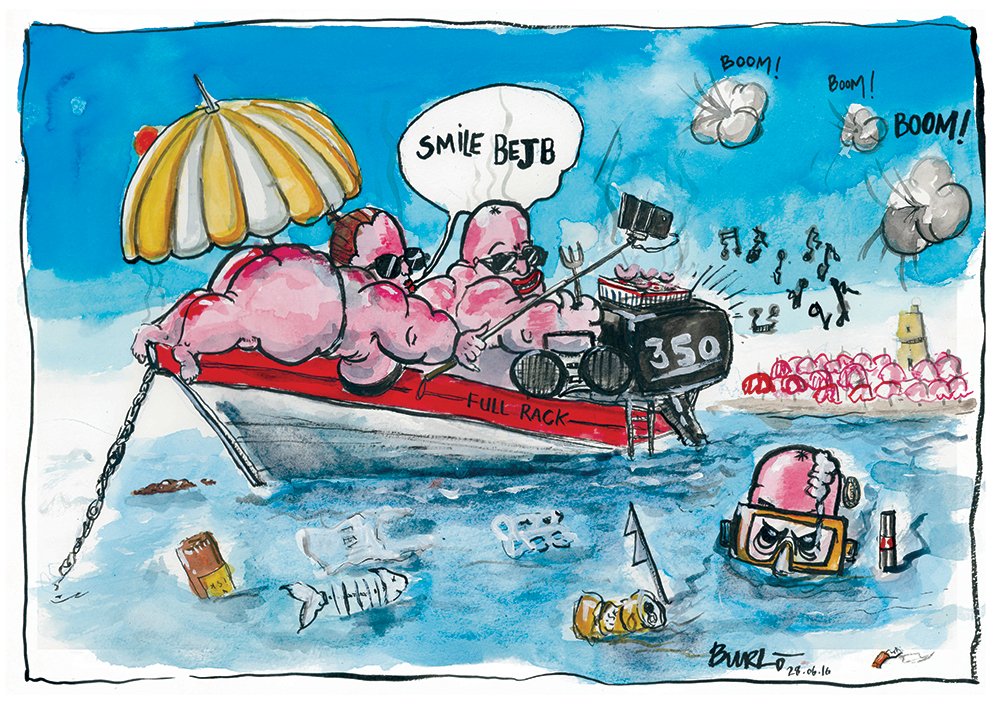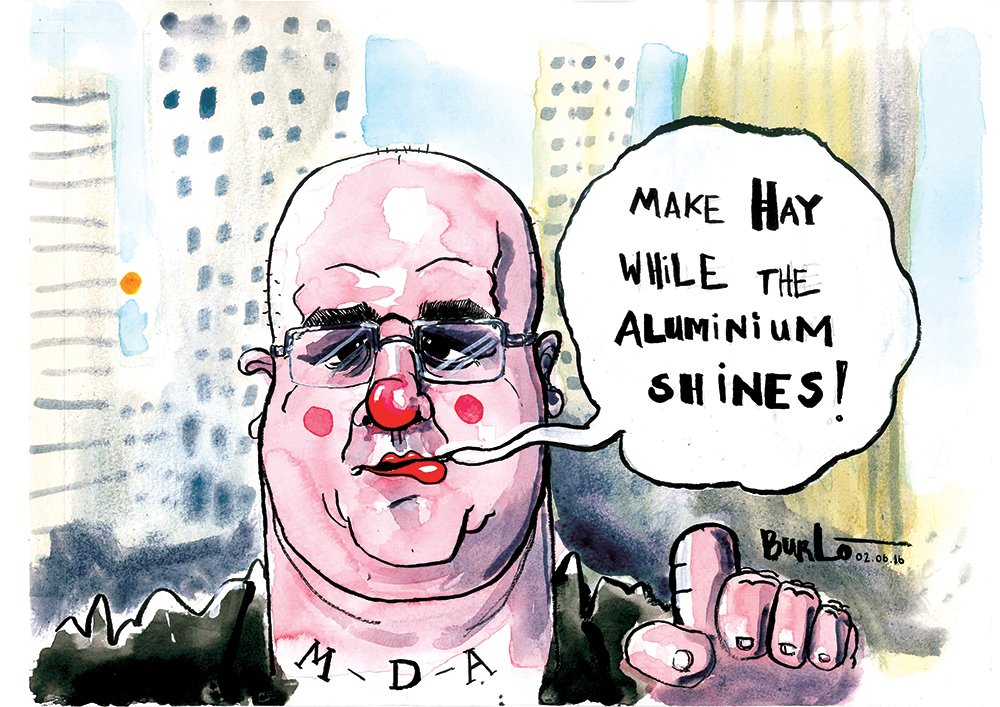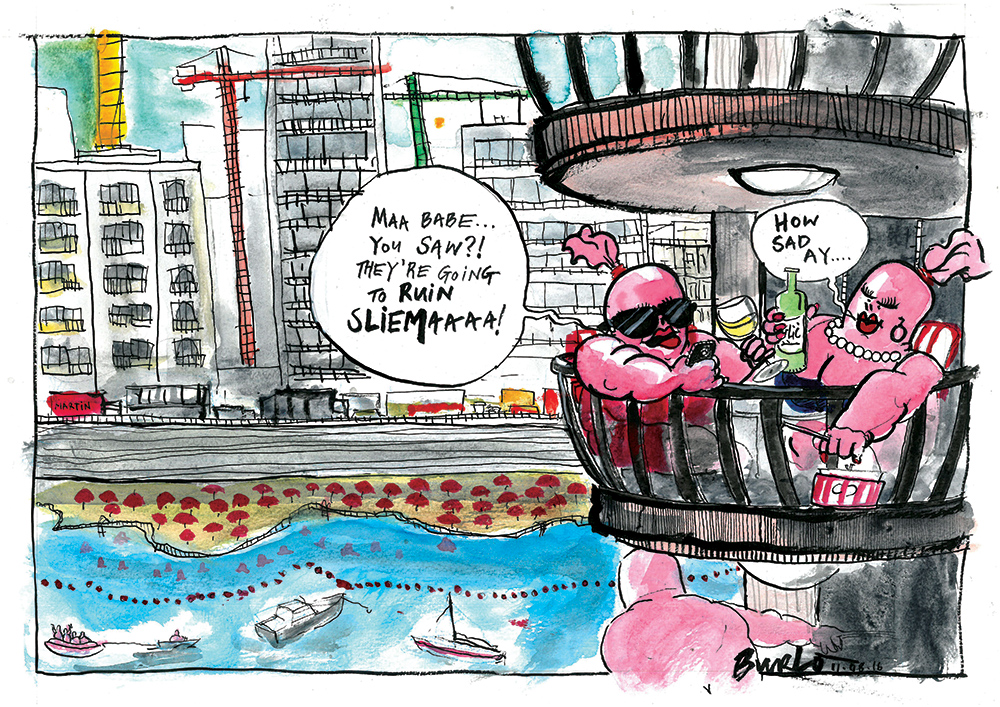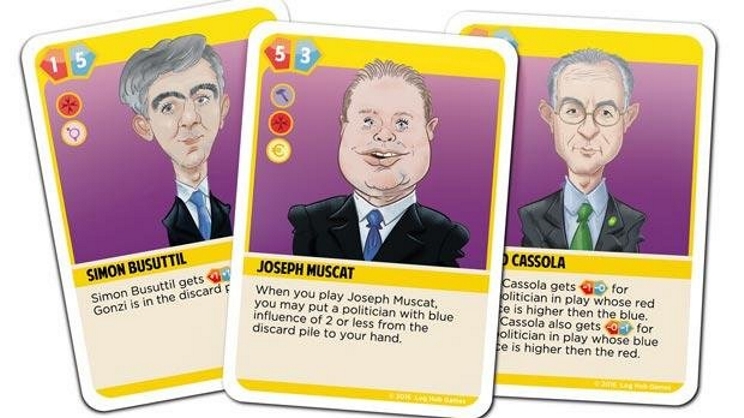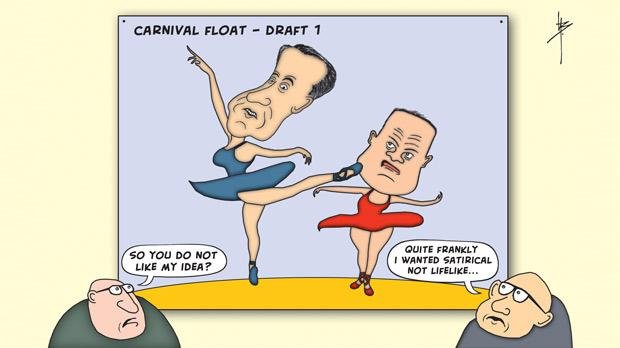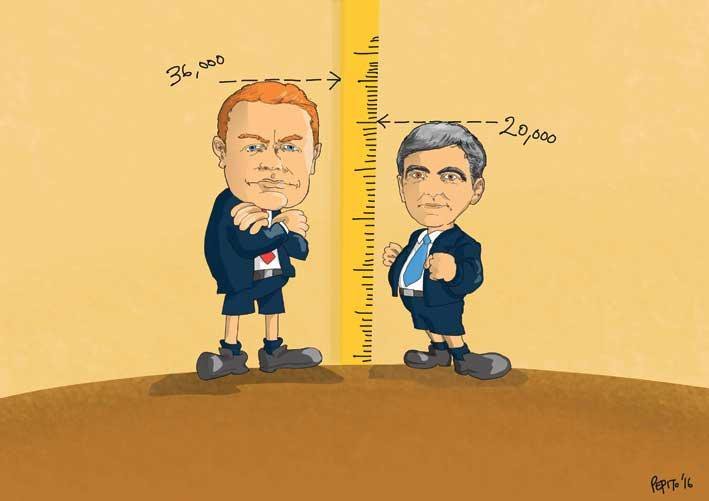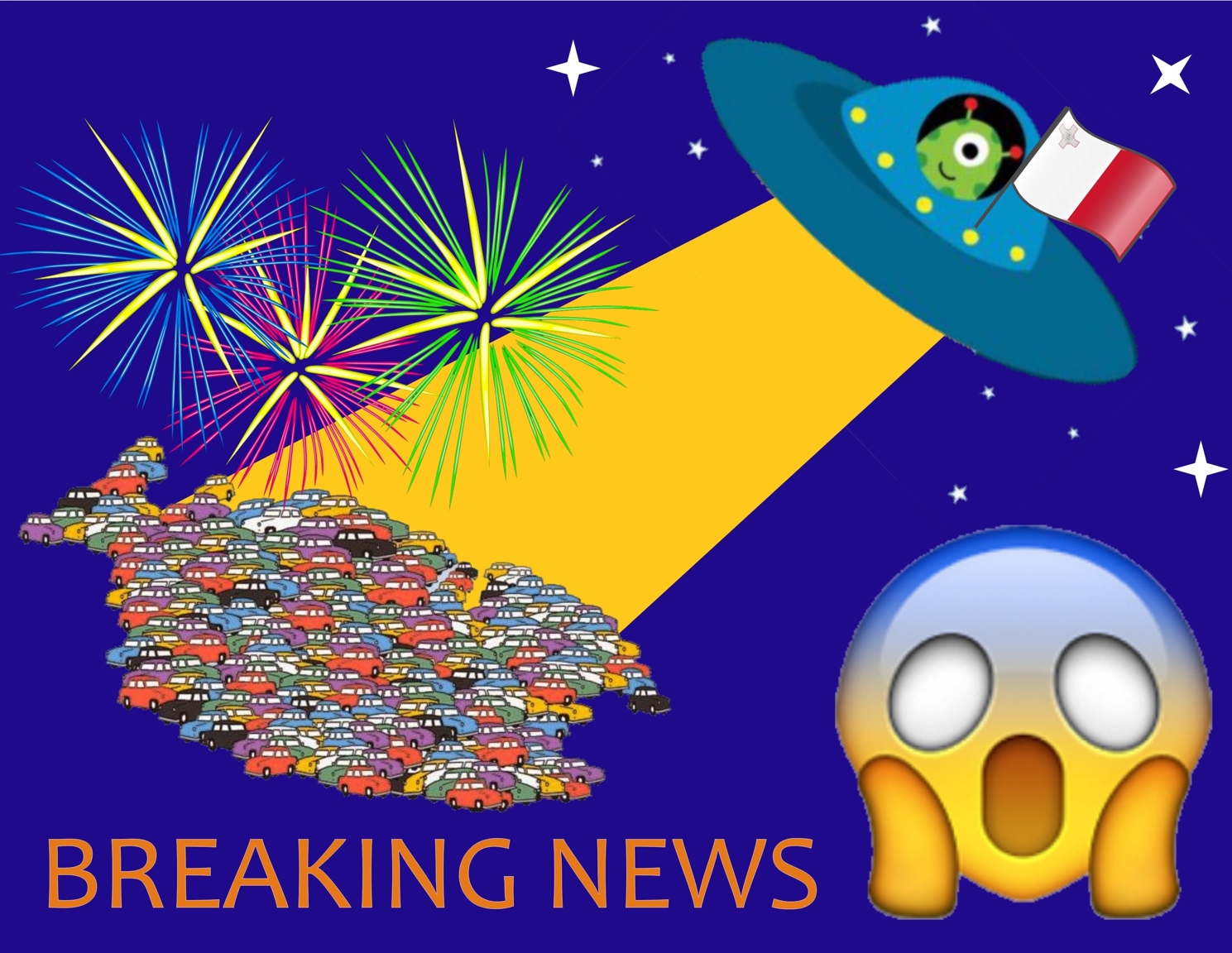
Just imagine! ~7 minute read~
Just imagine: one fine morning you wake up to the news of an unexpected late night visit of an extra terrestrial mission which abducted ALL the politicians from the both major political parties. What a shocking loss! Your mind quickly runs through all the stages of grief (joy?) from denial to acceptance, finally hitting a question: “what does Goebbels Daphne Caruana Galizia have to say about it?” Oh, my! She is absolutely certain it is yet another PL conspiracy: “the PN are taken hostage to the PL’s shady deal on the new intergalactic hotel for adult entertainment!”. You wonder if such allegations are a tad too much for an “internationally acclaimed journalist” and look for some objective proof, alas in vain.
You are enviously picturing how freely the former officials (and un-officials) are speeding through the Universe towards Kepler-442b while you are stuck in traffic on your way to work. You stare at the sky once more before another question hits your mind like an asteroid: “what about the elections?!” “Who on Earth am I going to vote for?!” Do not panic! Well, although this wake of sudden and refreshing anarchism is nothing to be afraid of, you’d better make up your mind on where your interests belong.
One option to do so is to take this test. Its disadvantages, however, are significant: the questions and the options to choose from are too limited and standardised to represent one’s realistic political worldview. So here is another option: choose which worldview fits you most and see which local party would best represent it.
Worldview type 1:
- The social hierarchy is necessary and justified: some people are clearly worth more than others because they are born that way. Titles and degrees help to distinguish the capable from the rest.
- Thinkers are worth more than manual workers. Manual work is for plebs.
- Intelligence and propriety can never be evil. It is a duty of the educated, well-mannered and sophisticated to rule over those who are none of that.
- People do not change: a person born into an uneducated family will always be driven by inferior concerns unless reading comes to the rescue.
- The main responsibility of the government is to discipline the people. The plebs should never be let into power because they ruin everything.
Briefly: you approve of the social ladder but you dislike the climbers.
Worldview type 2:
- The social hierarchy is justified: some people are clearly more capable than others. I hold entrepreneurial skills and creativity in particularly high regard.
- The job of an artist or a scientist is more important than that of a farmer or a cleaner because the former are responsible for progress. Innovations lead us to the brighter future; mundane and non-creative work does not count.
- Personal ambitions should be encouraged. Talents should be rewarded by higher income and a higher social status.
- A person is what he makes of himself. Take risks, compete, build yourself, climb up and the world is yours!
- The creative mind are the main asset of the country. Their non-conformism is part of their nature. They should always be free to create. The government is there for the mob.
Briefly: you approve of the social ladder and you disrespect those who fail to climb up.
Worldview type 3:
- The social hierarchy is unjustified and unfair. Everyone’s input is equally valuable. Personal altruism is as high on my scale as creative and technical skills.
- Everyone deserves an equal respect for his contribution to the society. A farmer, an artist, a manual worker and a lecturer are all valuable.
- Personal success is a fallacy – nobody becomes successful on his own. Individual success can never be possible without the help from the other members of society.
- The more prosperous ones need to help the others to reach the higher levels of prosperity. Equal opportunities must be provided to everyone.
- The main responsibility of the government is in sustaining of the social welfare.
Briefly: you think the social ladder is a bad idea but you do not blame the climbers.
Worldview type 4:
- The social hierarchy is never justified. A fair society should have no distinctive social classes.
- Material needs come first. Contributions of a manual worker and a farmer are more crucial than those of an artist and a writer unless their art is devoted to mass empowerment.
- Personal ambitions need to serve a purpose of collective success and social justice. Individual advancement is unethical.
- Collective effort and cooperation is the key to a better society. The collective success is more important than the individual success. From each – according to his ability to each – according to his need.
- The government is an administrative tool to redistribute wealth and to sustain egalitarianism. Good enough is enough.
Briefly: you think the social ladder is a bad idea – everybody should be equal in opportunities and results.
Ready to see which of the parties would represent you best? Here they are:
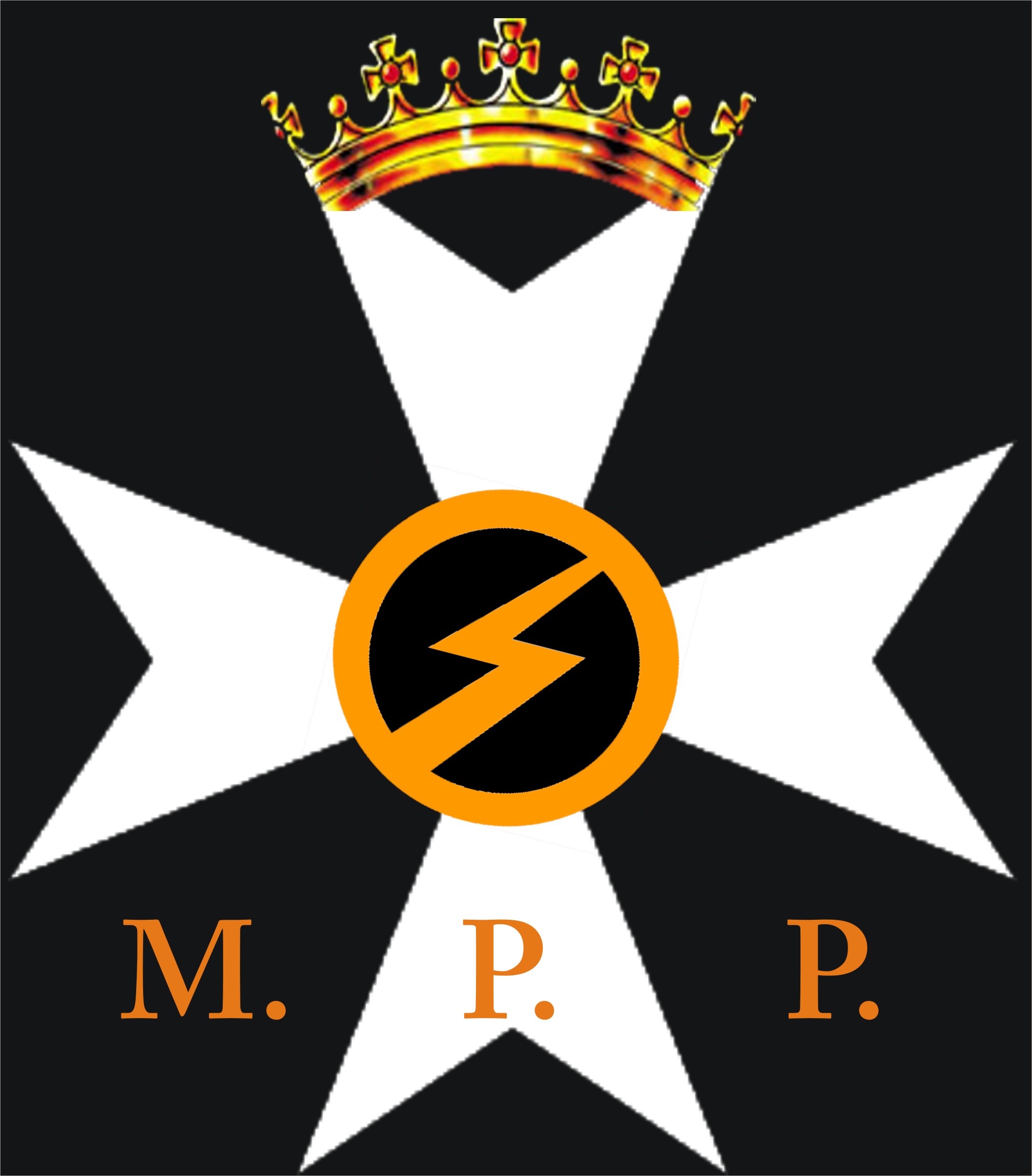 Worldview type 1 (Conservative / fascist)
Worldview type 1 (Conservative / fascist)
Party: Malta’s Patrician Party
Slogan: Save Malta from savages!
Agenda: Our agenda is short but effective. We must defend the country from the continuous attacks of the common and crude! Only we can protect Malta from the dark and unenlightened masses.
Ħamalli and the penniless migrants are the root of all our problems. We promise to re-establish order: no more pastizzi in the public places, no more tacky shoes in the parliament! To rule is our birthright and we do know how to rule in style. Panama accounts are for the ħamalli, we state that the British Virgin Islands is a much more appropriate place to evade tax.
We propose to build a few reservations in the south of Malta where we will keep all the peasants. We will keep them disciplined with the help of the army. We will make them work more for less! The festa “celebrations of sweaty polyester” will also be banned because we ought to teach the peasants some discipline. The low cost of labour will bring the established and respectable foreign companies to Malta. We will make Malta sleek sophisticated, polished and attractive to the most distinguished people in the world – green lawns, best architecture, golf courses and high culture. We will make Malta great again!
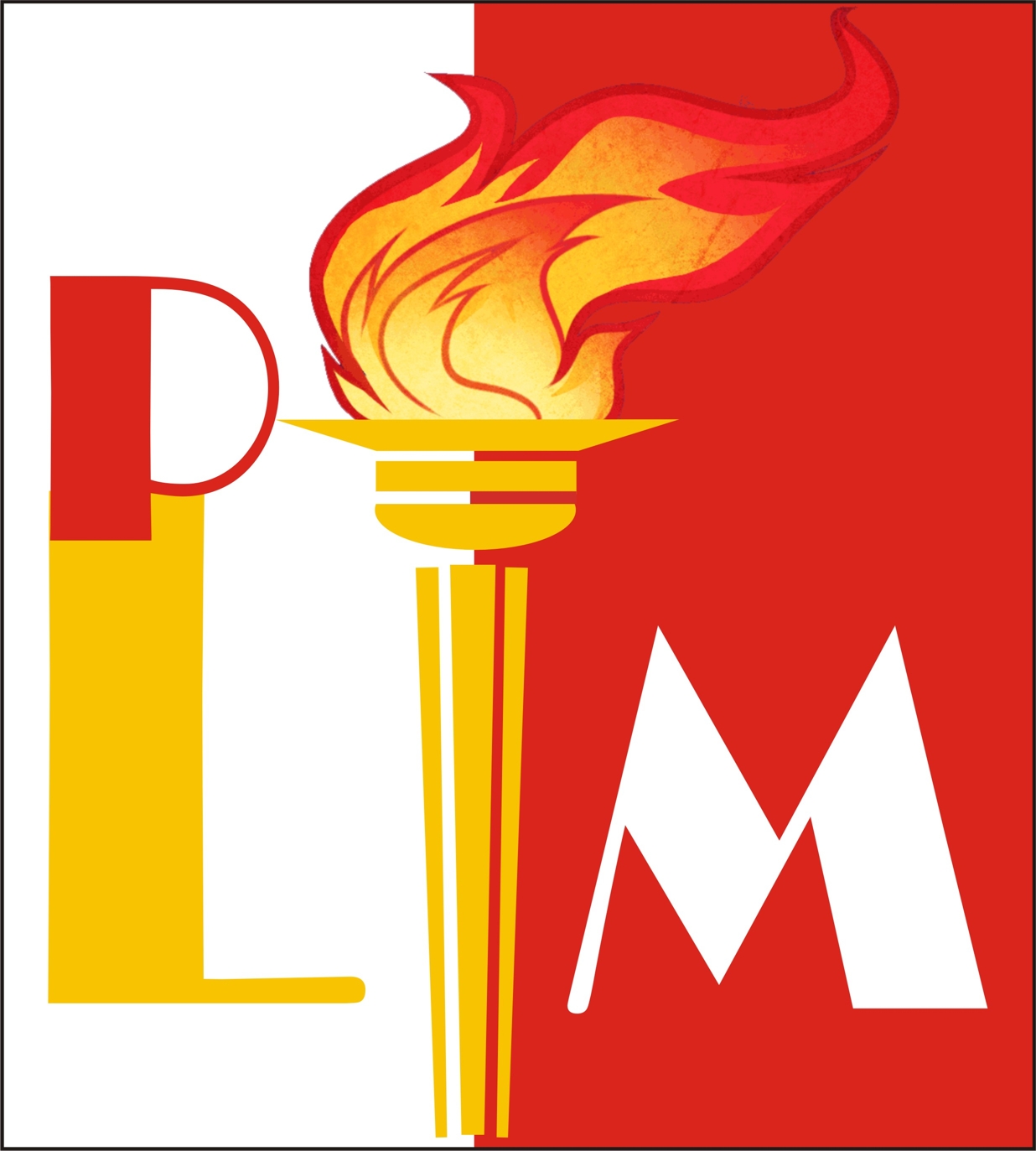
Worldview type 2 (Liberal)
Party: Malta’s Liberal Party
Slogan: Entrepreneurial and creative mind for modern Malta!
Agenda: the absence of the PL&PN has opened the door towards true meritocracy. It is time for the creative, innovative and entrepreneurial mind to lead the country towards modernity. Liberal values are the key to the modern, prosperous Malta.
We are liberal economically and socially and promise to ditch the old-fashioned religious morality as unfitting to the new liberal order.
We stand for the free market economy with maximum transparency. The income tax for the higher tax brackets will be lowered to encourage the businesses to declare their profits. We will not increase the minimum wage not to harm the business. Malta is a tax haven and will remain it.
Privatisation is the solution to all our problems – it will unburden the tax payers and the government from extra spending. The country is to be governed by entrepreneurs and the creative mind. Malta will be promoted as a cultural hub of the Mediterranean, welcoming the artists and the writers to live and create in the country. Festa celebrations will be restricted to facilitate the perfect conditions for the innovative creativity.
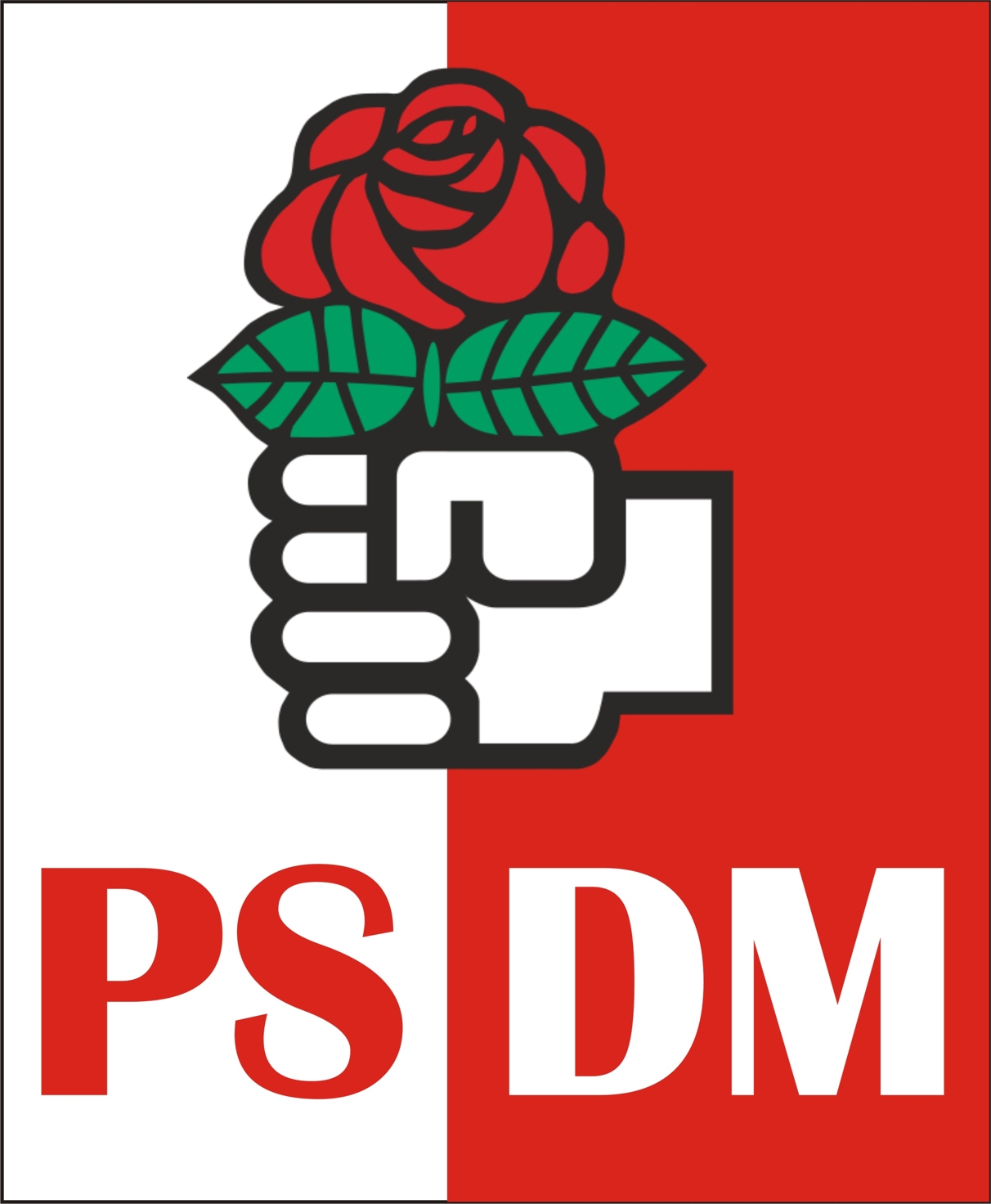
Worldview type 3 (Social democrat)
Party: Malta’s Social Democratic Party
Slogan: Malta deserves better!
Agenda: the absence of PL&PN has given us a chance to turn Malta into a better, fairer society. It is time to ensure the greater equality by revising the country’s tax laws and introducing stricter repercussions for tax evasion and tax avoidance.
We stand for immediate abolishion of healthcare privatisation plans. No to the privatisation of the country’s main assets!
Wealth redistribution is our major commitment. The country’s welfare will be strengthen by the new tax laws. Tax rates for the lower income brackets will be reduced from 15% to 9%. Average family incomes above €80K will be taxed by 45%. The tax refunds for foreign companies are to be reduced from 6/7 to 4/7 highest. VAT on luxurious products and services will be increased up to 25%. The purchase of the third and the consecutive residential properties per household is to be taxed higher. Top earners and all the local companies are to publicly declare their revenues and bank statements.
The welfare funds will allow to increase the minimum wage and to ensure the better standards of living. Working hours will be reduced – that will ensure employment of more people and will create more free time. Civil liberties and gender equality will be encouraged.
We promise to regulate the rental market. The maximum amount of rent will be established for the different kinds of property and locations. We promise to improve public transport by building a monorail. The latter will also create jobs, decrease the amount of cars from the roads and improve quality of air.
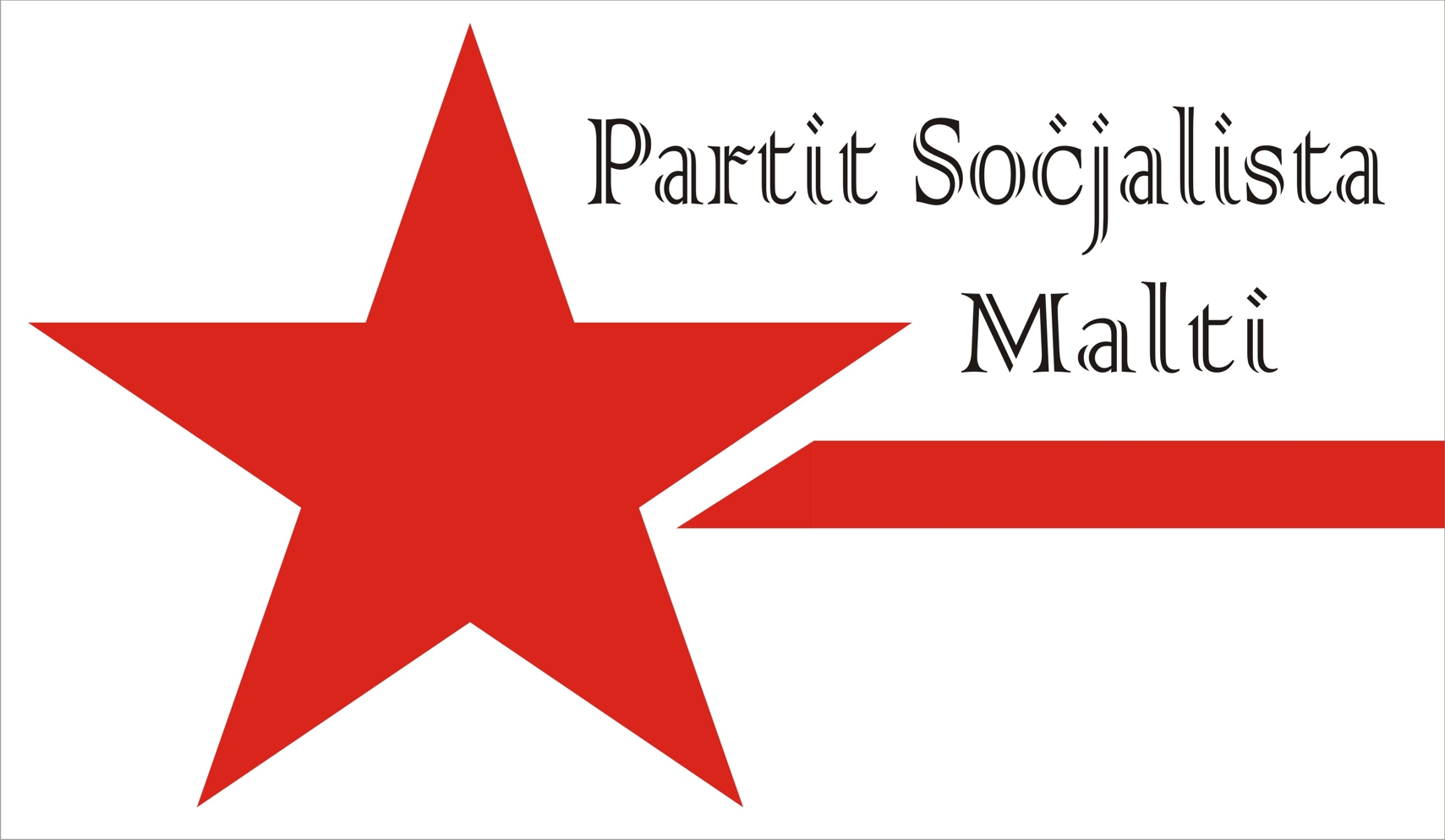
Worldview type 4 (Socialist)
Party: Malta’s Socialist Party
Slogan: Together for social justice in Malta!
Agenda: The people have finally got a chance to reclaim what is rightfully theirs.
We propose to implement partial or complete nationalisation (with minimum or no compensation) of Malta’s major assets which were previously given to the private sector. Malta International Airport is to be nationalised to keep AirMalta afloat.
Construction industry tycoons are a threat to democracy – their lobbying is the major source of corruption in the country. For as long as they continue exploiting the country’s beauty for profit, the well-being of Malta and the Maltese is at risk. We propose to nationalise the major construction companies on the ground of their harm to the country. All profits from the nationalised industry will go to the national funds.
Priorities to the Maltese producers! We will encourage the local small-scale cooperatives in tourism. Malta will be an exporter of the great quality food: olive oil and pastizzi. Pastizzi global export will be an excellent source of national funding.
We promise to improve the housing conditions: 1) the amount of rent will be fixed for the different kinds of property and locations and 2) more social housing will be built.
Minimum wage will be increased to €15/hour. Jobs in construction sector will be created from building more of cooperative and social housing as well as from building a monorail. The latter will improve efficiency of the public transport, decrease the amount of cars from the roads and improve quality of air.
=====
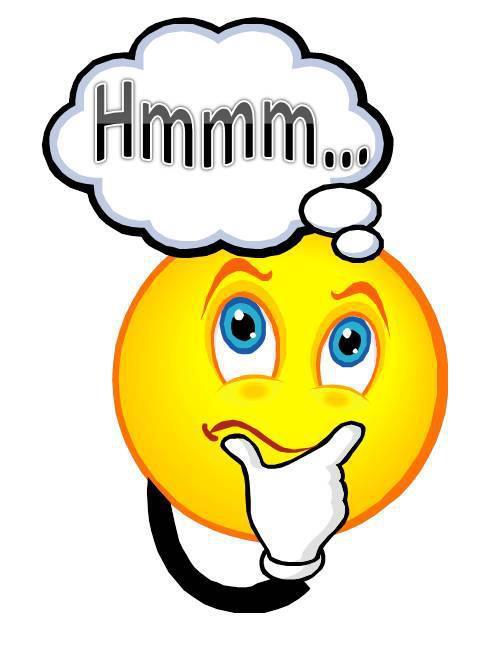 “Hmmm” you say. “Doesn’t the Patrician Party look a bit like a cross between the PN and Emperium Ewropa? And the Liberal Party sounds pretty much like an airbrushed wholesome kind of PL… And the Social Democrats is AD plus some substantial propositions. Imma vera ma nafx who the socialists in Malta are.” To which we reply: we had no slightest intention to mock any of the Malta’s political parties, thus all the possible similarities are apparent and strictly coincidental.
“Hmmm” you say. “Doesn’t the Patrician Party look a bit like a cross between the PN and Emperium Ewropa? And the Liberal Party sounds pretty much like an airbrushed wholesome kind of PL… And the Social Democrats is AD plus some substantial propositions. Imma vera ma nafx who the socialists in Malta are.” To which we reply: we had no slightest intention to mock any of the Malta’s political parties, thus all the possible similarities are apparent and strictly coincidental.
Did you find your political party? Any party to add?
Not to miss any posts from MaltaSketches, click the button “following” and then select “See first”. This will mean that your feed will always contain our posts. We only post a few times a month, so you won’t see too much of us. Grazzi!

